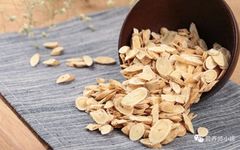Introduction: Astragalus (Huang Qi), a commonly seen herb in daily life, possesses warm and gentle properties, with a sweet taste, and belongs to the spleen and lung meridians.
In the clever application of Traditional Chinese Medicine (TCM), Astragalus can exert its remarkable qi-tonifying effects, safeguarding people’s health. It is often said, “The spleen is the foundation of postnatal life,” and Astragalus plays a crucial role in this regard.
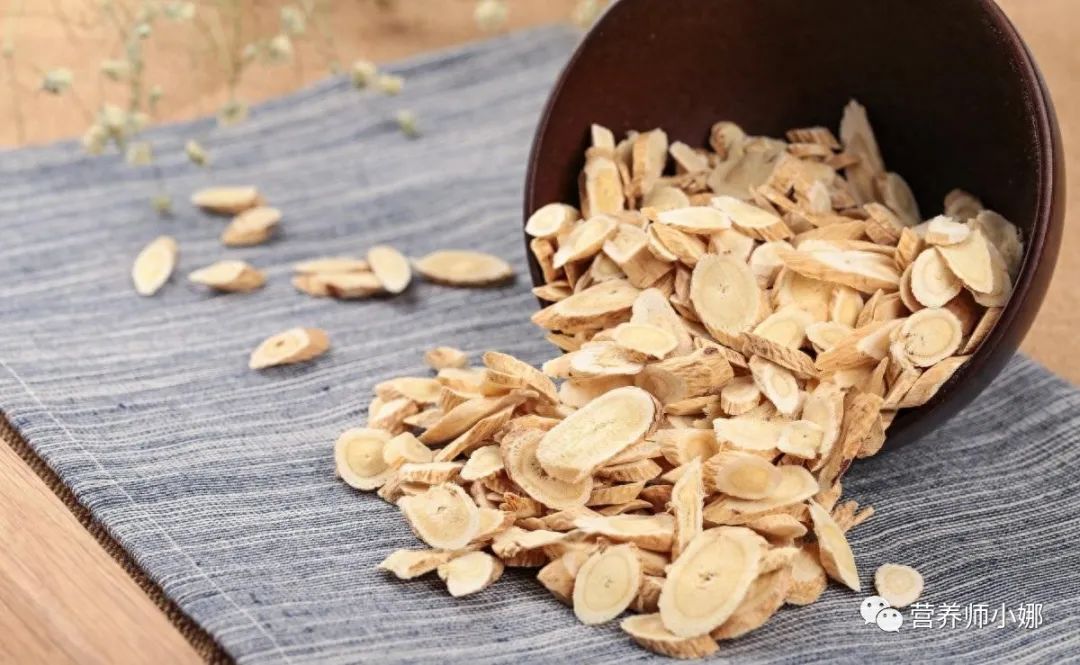
For those with spleen qi deficiency, who are prone to fatigue, poor appetite, and mental lethargy, drinking Astragalus water is undoubtedly a good remedy. By consuming Astragalus water, individuals can not only feel the smooth flow of blood throughout their bodies but also unknowingly enhance their superficial qi, enriching their mental state.
However, there has been ongoing debate about whether drinking Astragalus water can harm kidney health. Some believe that as a medicinal herb, Astragalus may impose a certain burden on the kidneys. But is there scientific evidence to support this claim?
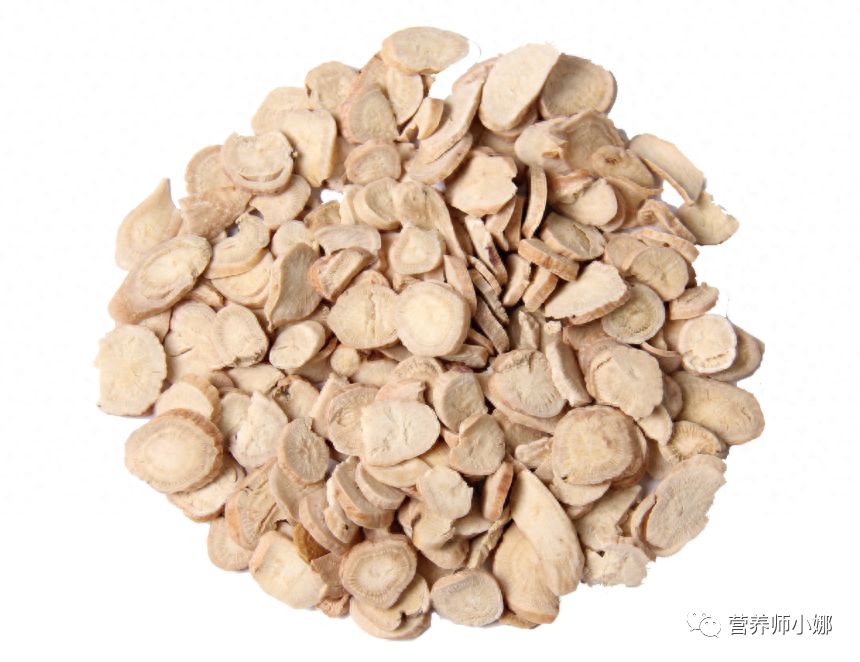
01
First, let’s understand the nutritional value of Astragalus.
Astragalus is a medicinal herb with a long history of use, dating back over 2000 years. It was recorded in the silk manuscripts unearthed from Mawangdui during the Han Dynasty, indicating its use since that time.
In the “Shennong Bencao Jing,” Astragalus is classified as a superior herb and is highly esteemed, holding a significant position in TCM and widely used in clinical practice.
Moreover, the nutritional value of Astragalus is quite rich:
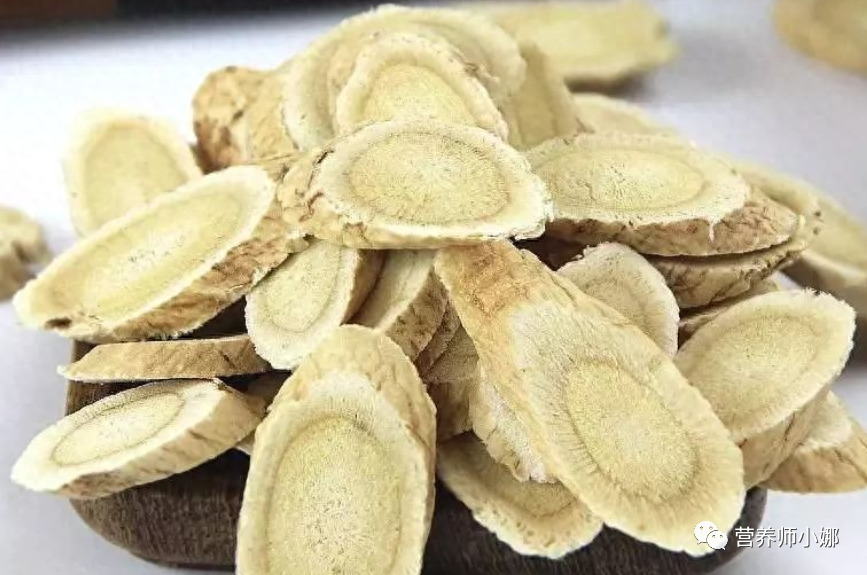
Flavonoids: These are the main nutritional components in Astragalus, possessing a wide range of biological activities, such as regulating cardiovascular, respiratory, and immune functions;
Alkaloids: Also an important component of Astragalus, which enhances immune function, promotes calcium absorption, and has anti-tumor effects;
Amino Acids: Astragalus is rich in various amino acids, which help supplement nutrition;
Trace Elements: Astragalus contains trace elements such as iron, manganese, zinc, aluminum, selenium, and chromium, with selenium being essential for combating carcinogenic heavy metals like cadmium and mercury, crucial for the body’s resistance to tumors.
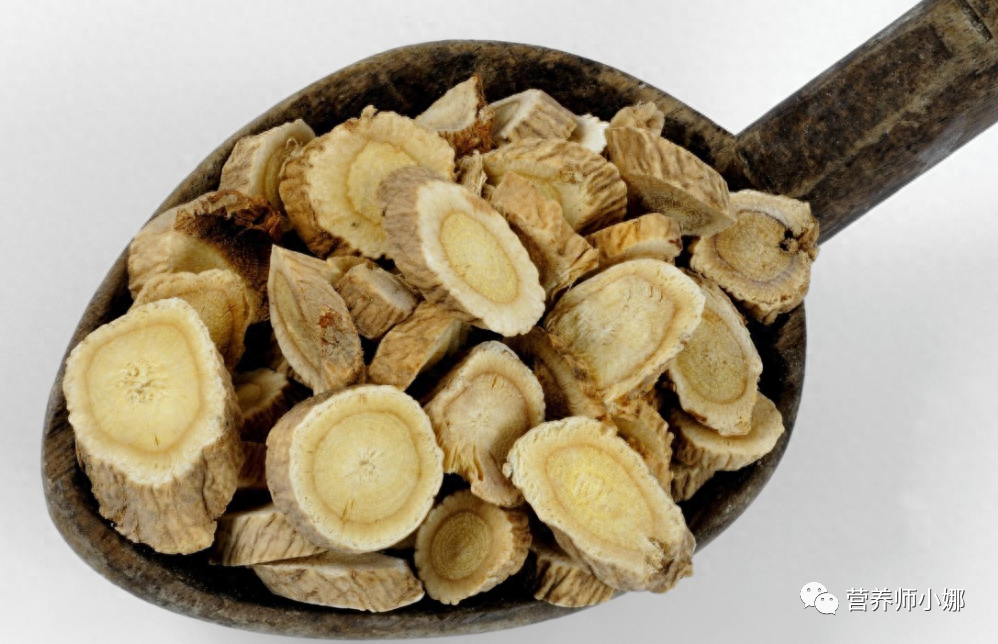
02
Astragalus has four major medicinal values:
Qi and Blood Tonification:
Astragalus is considered a tonic for qi and blood, capable of enhancing the body’s immunity and resistance, improving immune function, and is effective for symptoms of qi deficiency and blood deficiency.
Spleen and Lung Strengthening:
Astragalus has the effect of strengthening the spleen and benefiting the lungs, promoting normal gastrointestinal function and enhancing lung function, which is beneficial for symptoms of spleen and stomach deficiency and lung deficiency cough.
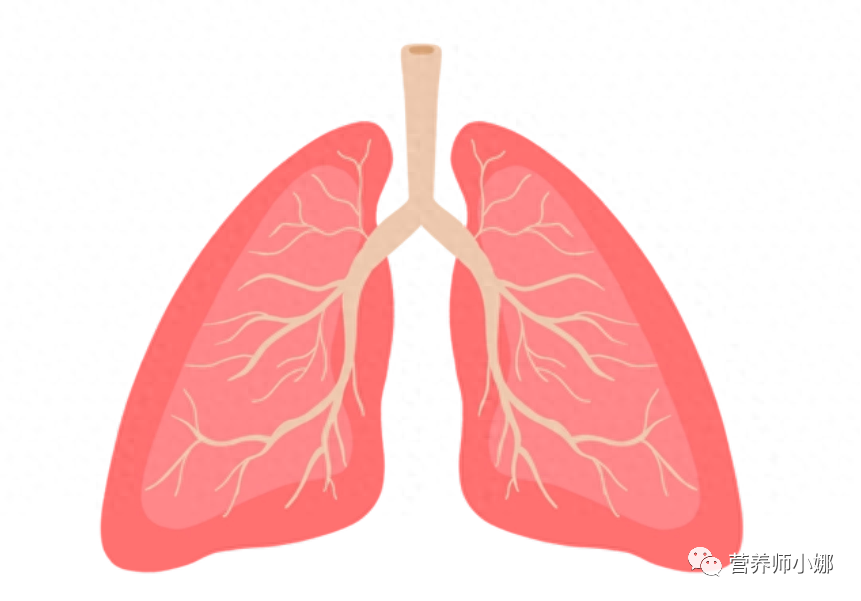
Anti-inflammatory and Swelling Reduction:
Astragalus contains components with anti-inflammatory properties, effectively reducing inflammatory responses, alleviating tissue swelling and pain, and has certain therapeutic effects on inflammatory diseases such as rheumatoid arthritis and conjunctivitis.
Liver Protection and Blood Pressure Reduction:
Astragalus also has protective effects on the liver and can lower blood pressure, reducing liver damage and lowering cholesterol and blood lipid levels, which is beneficial for certain liver diseases and hypertension.

03
Is Astragalus harmful to the kidneys? Are there dangers in frequently drinking Astragalus water?
Astragalus is a widely used herbal medicine, believed to have effects such as tonifying qi, stabilizing the exterior, warming yang, and nourishing yin while clearing heat. However, recently, some have raised concerns that frequent consumption of Astragalus water may harm the kidneys.
In fact, when used in moderation, Astragalus, as a commonly used herb, does not damage the kidneys. However, excessive use or improper use may lead to side effects such as dry mouth, thirst, and gastrointestinal discomfort.
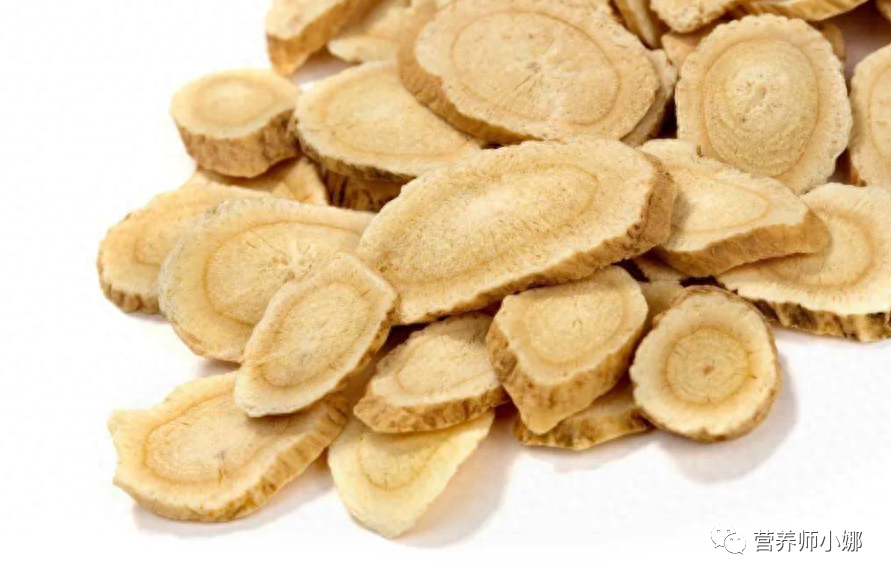
Additionally, some Astragalus on the market may have been treated with sulfur fumigation to extend shelf life and improve appearance, and excessive fumigation may leave residues that negatively impact human health.
Some believe that drinking Astragalus water easily harms the kidneys mainly because modern Astragalus is often treated with sulfur fumigation, which can result in sulfur residues.
Research shows that excessive intake of some sulfur-fumigated herbs can damage the respiratory and digestive systems and may harm the liver and kidneys. If the quality of the purchased Astragalus is substandard, it may contain residual sulfur, which can harm health and, over time, damage kidney health.
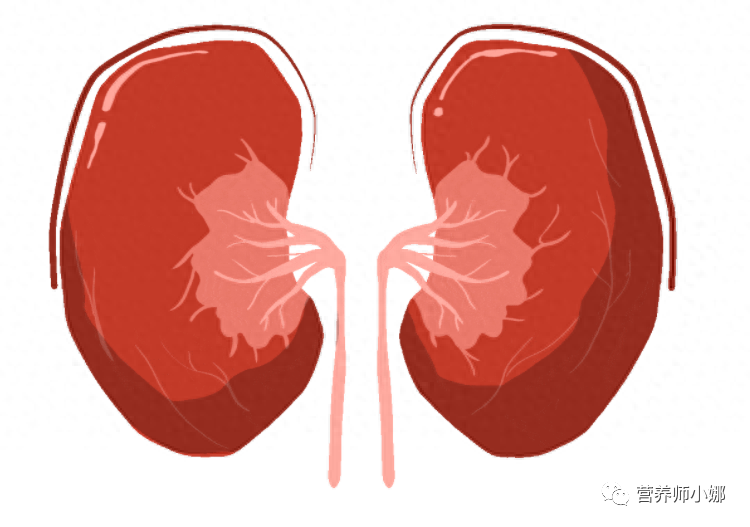
04
Reminder: The real kidney-damaging herbs are these four.
Cinnabar (Zhu Sha):
Cinnabar, a traditional Chinese medicine, contains mercury, a harmful heavy metal. Human tissues have a high affinity for mercury, which has a long half-life of up to 70 days in the body, making it easy to cause poisoning.
Regarding the nephrotoxicity of cinnabar, there are specific medical references indicating that it can lead to kidney damage, primarily manifested as rapidly progressive renal function deterioration and renal fibrosis, ultimately leading to end-stage renal disease.
Statistics show that over 60 types of Chinese patent medicines contain cinnabar, such as Xiaoer Niuhuang San, Xiaoer Huichun Wan, Baizi Yangxin Wan, and Tianwang Buxin Wan. Caution is necessary when using these, especially for children who should not self-administer them for extended periods.
Guang Fang Ji:
Guang Fang Ji is widely regarded as a kidney-damaging herb. It is a traditional herb with anti-inflammatory, anti-tumor, and anti-allergic properties, commonly used to treat various diseases.
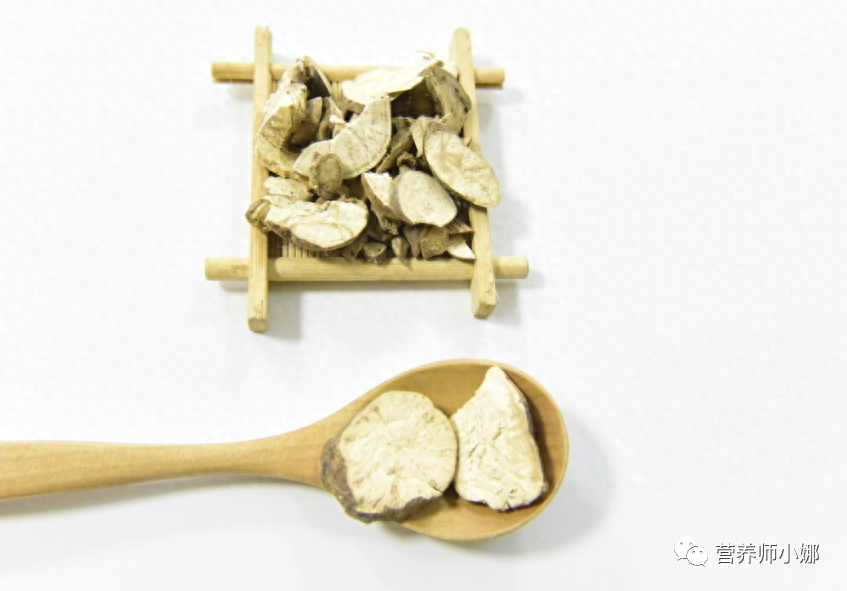
However, if used improperly, Guang Fang Ji can cause kidney damage. The main reason is that this herb contains a component called aristolochic acid, which can harm the kidneys in excessive amounts.
Therefore, when using Guang Fang Ji, it is essential to choose reputable pharmacies and doctors and strictly follow medical advice.
Guo Mu Tong:
Guo Mu Tong is a herb that many may be familiar with, yet this herb, believed to have diuretic and heat-clearing effects, has become a “culprit” for kidney damage.
Guo Mu Tong is derived from the vine and stem of the Northeast Aristolochia, which contains aristolochic acid. Excessive use can lead to acute kidney failure, and in severe cases, death.
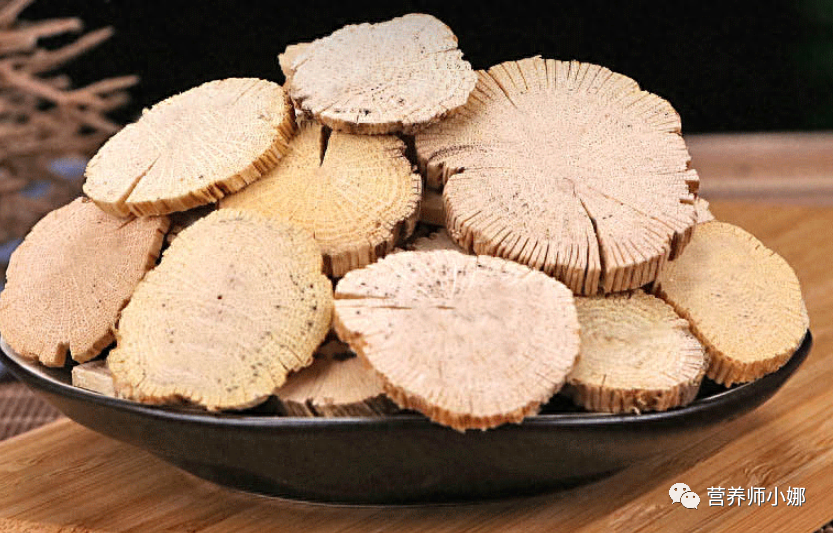
Overdose may result in symptoms such as vomiting, edema, urgency of urination, confusion, and chest tightness. In China, Guo Mu Tong has been completely banned, replaced by Mu Tong or Chuan Mu Tong.
He Shou Wu:
He Shou Wu is a traditional herb widely used for nourishing the liver and kidneys and delaying aging. Despite its many benefits, misuse or long-term excessive use may cause certain kidney damage.
He Shou Wu contains various active components, such as glycosides and polysaccharides, and high doses or prolonged use may increase the burden on the kidneys and have certain toxic effects.
Additionally, TCM believes that He Shou Wu has the effect of nourishing the kidneys and tonifying qi, but excessive use may lead to adverse effects such as qi stagnation and damp-heat, which can further harm the kidneys.
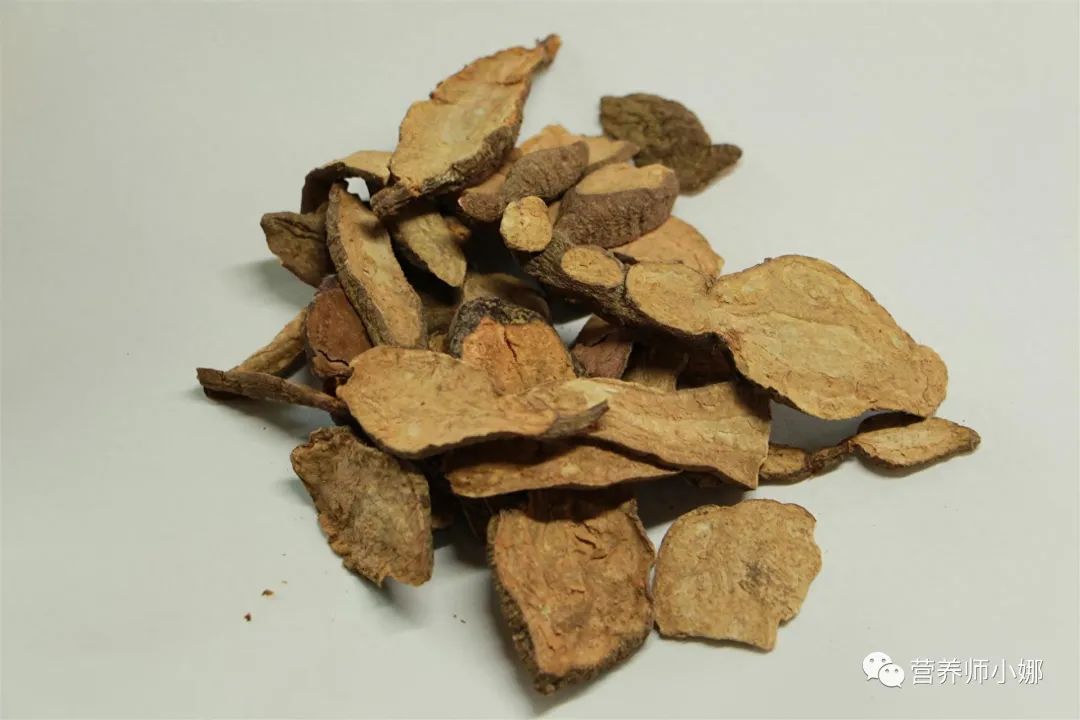
05
Can Astragalus water be consumed long-term?
Firstly, Astragalus is an herb with effects such as tonifying qi, stabilizing the exterior, and promoting diuresis and swelling reduction, which can alleviate symptoms of qi deficiency, fatigue, poor appetite, and nausea. However, individual constitutions vary, and responses to herbs may differ. Secondly, there is currently no clear scientific evidence supporting the claim that long-term consumption of Astragalus water is harmful to the kidneys. However, excessive use of Astragalus may lead to discomfort, such as sore throat, mouth ulcers, and constipation. Finally, if discomfort occurs after long-term consumption of Astragalus water, it is advisable to stop drinking and consult a doctor.
In summary, moderate consumption of Astragalus water does not pose significant harm to the kidneys, but attention should be paid to dosage and suitable populations during use.
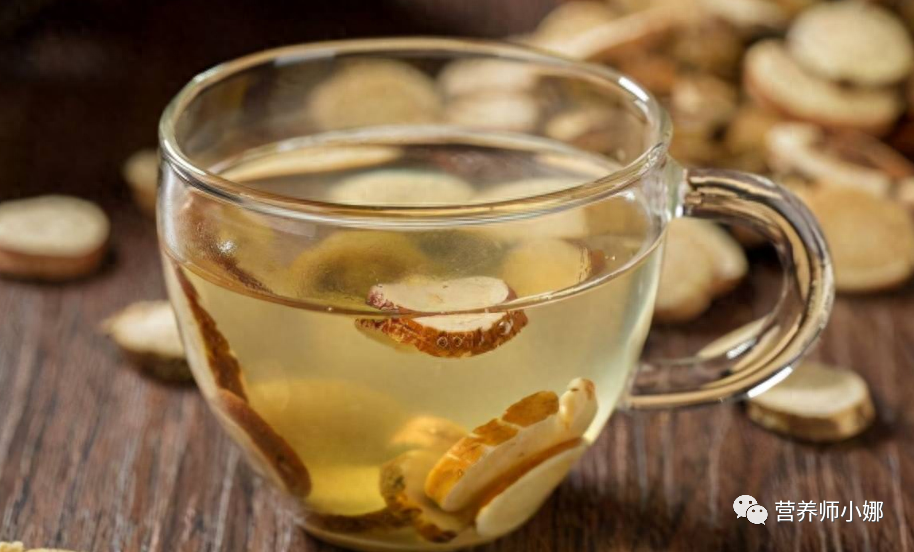
06
When drinking Astragalus water, pay attention to these four things:
Proper Dosage:
Although Astragalus has many medicinal values, it is essential to adhere to the principle of moderate use. A reasonable dosage can fully exert its effects and avoid potential adverse reactions.
It is best to use it under the guidance of a doctor and determine the dosage based on individual conditions and illnesses.
Quality of Astragalus:
Ensure that you purchase high-quality Astragalus products from reputable sources, checking the product’s origin, production date, and quality certification.
Avoid purchasing unreliable products to prevent affecting efficacy or causing adverse reactions.
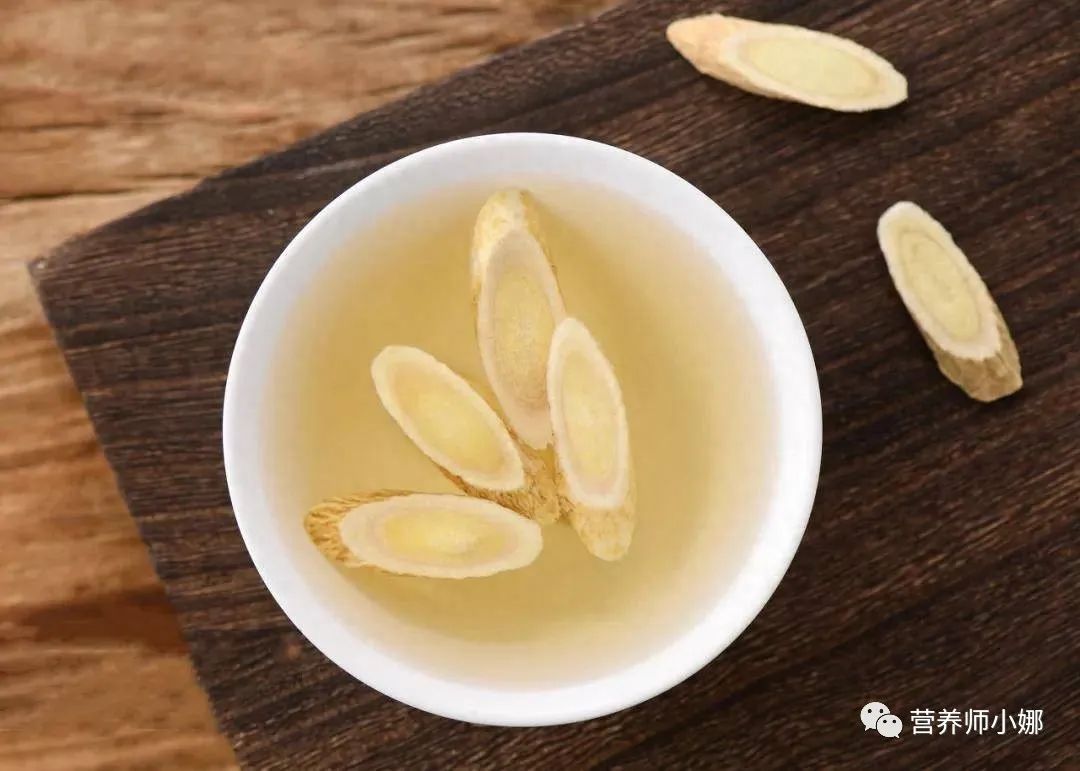
Compatibility:
Astragalus can be combined with other herbs to enhance its efficacy; however, for specific combinations, it is best to do so under the guidance of a doctor and choose suitable combinations based on individual conditions and illnesses.
Diarrhea and Allergic Reactions:
Some individuals may be allergic to Astragalus, so when using Astragalus water, observe for any allergic reactions, such as rashes or difficulty breathing.
Additionally, Astragalus has a mild spleen-strengthening effect, but high doses or long-term use may lead to diarrhea. If symptoms such as diarrhea or indigestion occur, it is advisable to stop use and consult a doctor.

07
Further Reading: Astragalus Combined with Four Herbs for Better Effects
Astragalus and Codonopsis:
Astragalus and Codonopsis are both commonly used qi-tonifying herbs. Their combination can enhance the effects of tonifying qi and nourishing blood, being effective for symptoms of qi and blood deficiency, fatigue, and weakness.
Astragalus and Bai Zhu:
Astragalus has qi and blood tonifying effects, while Bai Zhu has the effect of strengthening the spleen and benefiting qi. Their combination can simultaneously tonify qi and blood and strengthen the spleen, being effective for symptoms of spleen and stomach deficiency and poor appetite.
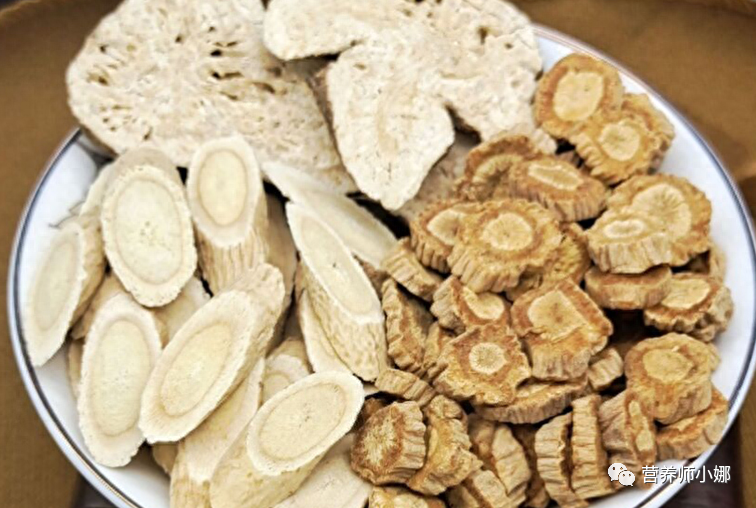
Astragalus and Angelica:
Astragalus and Angelica are both commonly used blood-tonifying herbs. Their combination can jointly tonify qi and blood, being effective for symptoms of qi and blood deficiency and menstrual irregularities.
Astragalus and Poria:
Astragalus has qi and blood tonifying effects, while Poria has the effect of promoting diuresis and reducing swelling. Their combination can simultaneously tonify qi and blood and promote fluid metabolism, being effective for symptoms of qi and blood deficiency and edema.

